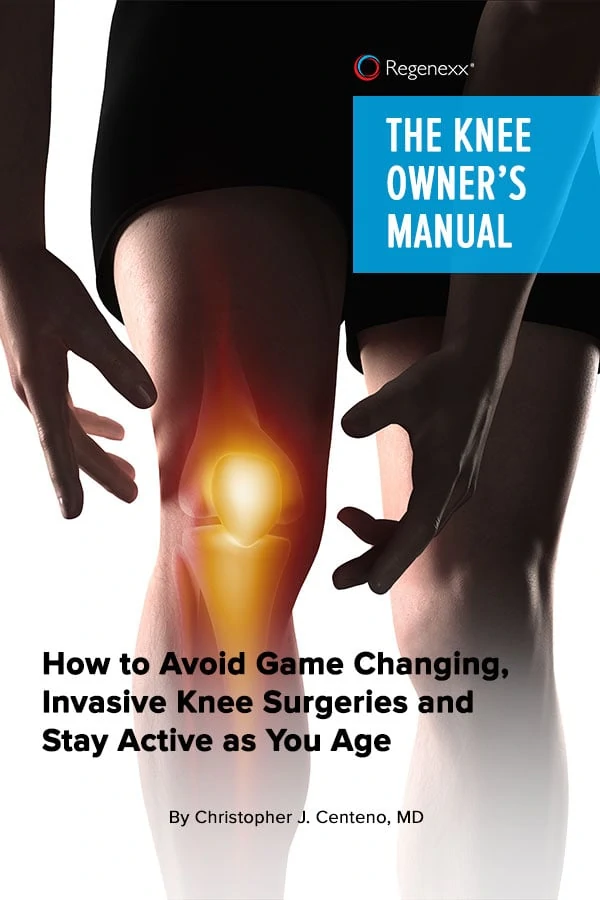As a pain physician I am committed to identifying the source in a given patient so that the appropriate treatment can be provided. We have learned that degenerative discs identified on MRI of the lumbar spine are NOT by default the origin of a patient’s back pain . Degenerative lumbar discs are part of the aging process and are seen in many patients who have no pain.
Knee arthroscopic surgery is a very common orthopedic procedure. When a patient has knee pain it is not uncommon for the patient to have an MRI. Like the lumbar disc, the knee meniscus was thought to be a major source of pain and therefore the patient not uncommonly would undergo meniscus knee surgery. During mensicus knee surgery the “damaged” meniscus is trimmed or removed with the thought being that the meniscus was the source of pain.
Want to Get Back to What You Love, Without Surgery and Medication?
The New England journal of Medicine recently published a study which casts serious doubt on this concept that the meniscus is a source of pain. The study demonstrated that the prevalence of a meniscal tears on MRI varied from 19% to 56%. In patients with osteoarthritis and knee pain the prevelance of meniscus tears on MRI was 63%. What is interesting is that 60% patients with OA but NO knee pain also had meniscal tears on MRI. Overall 61% of the subjects who had mensicus tear on MRI had no pain, aching or stiffness. The conclusion was that meniscal tears on MRI are common and increase with age.
So the next time your surgeon informs you that your MRI shows a tear in the meniscus, a meniscus knee surgery is not solution. Ask questions and realize that the MRI finding does not identify the source of your pain. At the Centeno-Schultz Clinic we are committed to identifying the source of your pain.

